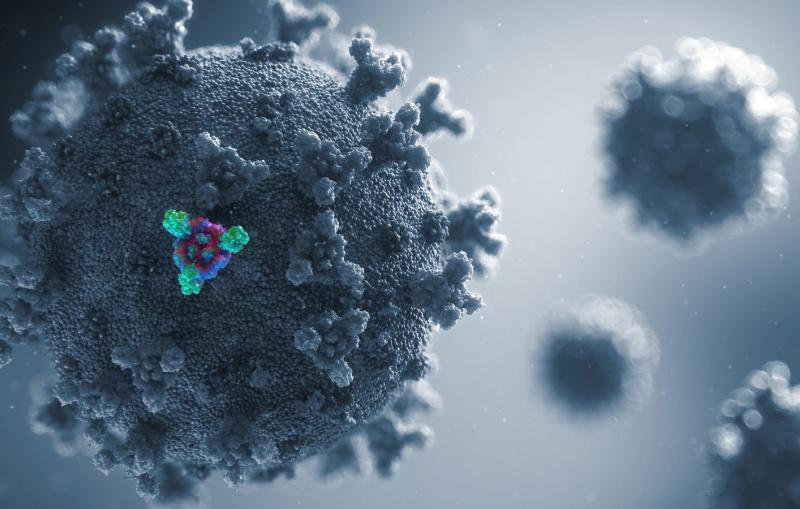Video
Cornelius Gati and other researchers were studying a protein thought to be important for the progression of tuberculosis when they made a strange discovery...


SLAC research gives scientists a better understanding of how living things work, what makes us sick and how we can prevent and treat disease. Our accelerator research and development also has applications in the field of medicine.
Related links:
Science of Life
Advanced Accelerators

